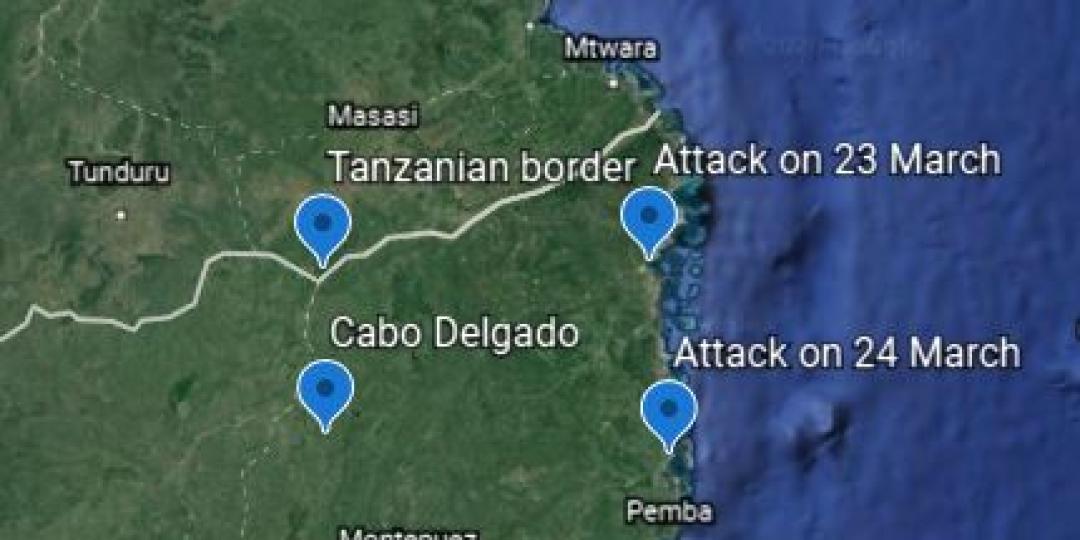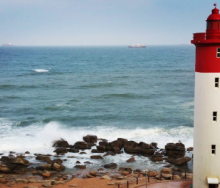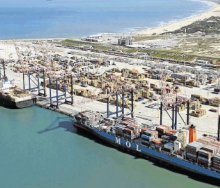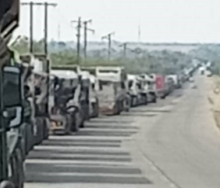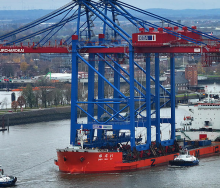The government of Mozambique will have to strategise and step up to the threat of developing militia escalation in Cabo Delgado province, the location of significant liquid natural gas (LNG) extraction in the country’s far north-east.
According to Dr Alex Vines, Africa programme head at international affairs think tank Chatham House, recent attacks by heavily armed and organised jihadists close to the LNG projects worth $60 billion, create the impression that insurrectionist interests are gaining the upper hand.
Attacks in the area last year were vicious in their intent and involved random beheadings and maiming of civilians.
But two separate incidents on 23 and 24 March, in which police installations and army barracks were targeted, claiming the lives of about 30 uniformed personnel, indicates “a shift of strategy by the insurgents”.
Both attacks, in Mocimboa da Praia at first and the following day at Quissanga, were due south of the infrastructural focal point where Total and its affiliates are gearing up to extract LNG directly south of the Tanzanian border.
Moreover, Vines says “there seems to have been an effort to avoid harming civilians, to win hearts and minds by redistributing stolen food, medicine and fuel to ‘loyal’ residents, and to direct attacks on the state and its symbols, such as police stations and military barracks”.
The impression that civilians from the targeted towns seem to welcome their attackers could also be based on the inability by Mozambican authorities to adequately react to the attacks, Vines adds.
It is furthermore important, Vines writes, that the position and responsibility of Tanzania in relation to the flash-point areas be seriously considered.
